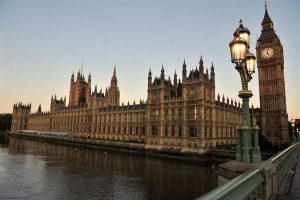By Prof Julian Rivers, Professor of Jurisprudence (University of Bristol Law School).*

Earlier this year, the Government fulfilled one of its General Election Manifesto commitments by appointing Sara Khan as the first chair of a new Commission for Countering Extremism. The Commission’s task is not an enviable one, since if not exactly an admission of failure, its establishment represents at least a significant pause for thought. Its job will be to support society in countering extremism and to advise the Government on new policies and powers. We have some idea of what it aspires to achieve, and how it will work, but as yet no concrete proposals have emerged.
The creation of the Commission is the latest stage in a fairly rapid process of policy development. In its current guise, the idea of countering extremism first emerged in the 2011 version of Prevent, the counter-terrorism strategy. Extremism was defined there as ‘vocal or active opposition to fundamental British values including democracy, the rule of law, individual liberty and mutual respect and tolerance of different faiths and beliefs’. It was identified as a problem because, it was claimed, extremist ideologies can lead to terrorism – the use or threat of serious violence or other damaging attacks on the public to advance a political, religious, racial or ideological cause. However, at that point the only thing the Government suggested should be done about it was ‘challenge’ – in other words the use of informal social and political pressure to reinforce liberal values in the face of illiberal ones.
In October 2015 – after the ending of the Conservative/Liberal Democrat Coalition – the Government’s counter-terrorism policy took another turn. A new counter-extremism strategy identified extremism as a harm in its own right, requiring new legal responses and new Government powers. Ever since, the Government has been trying to work out what these should be. (more…)

